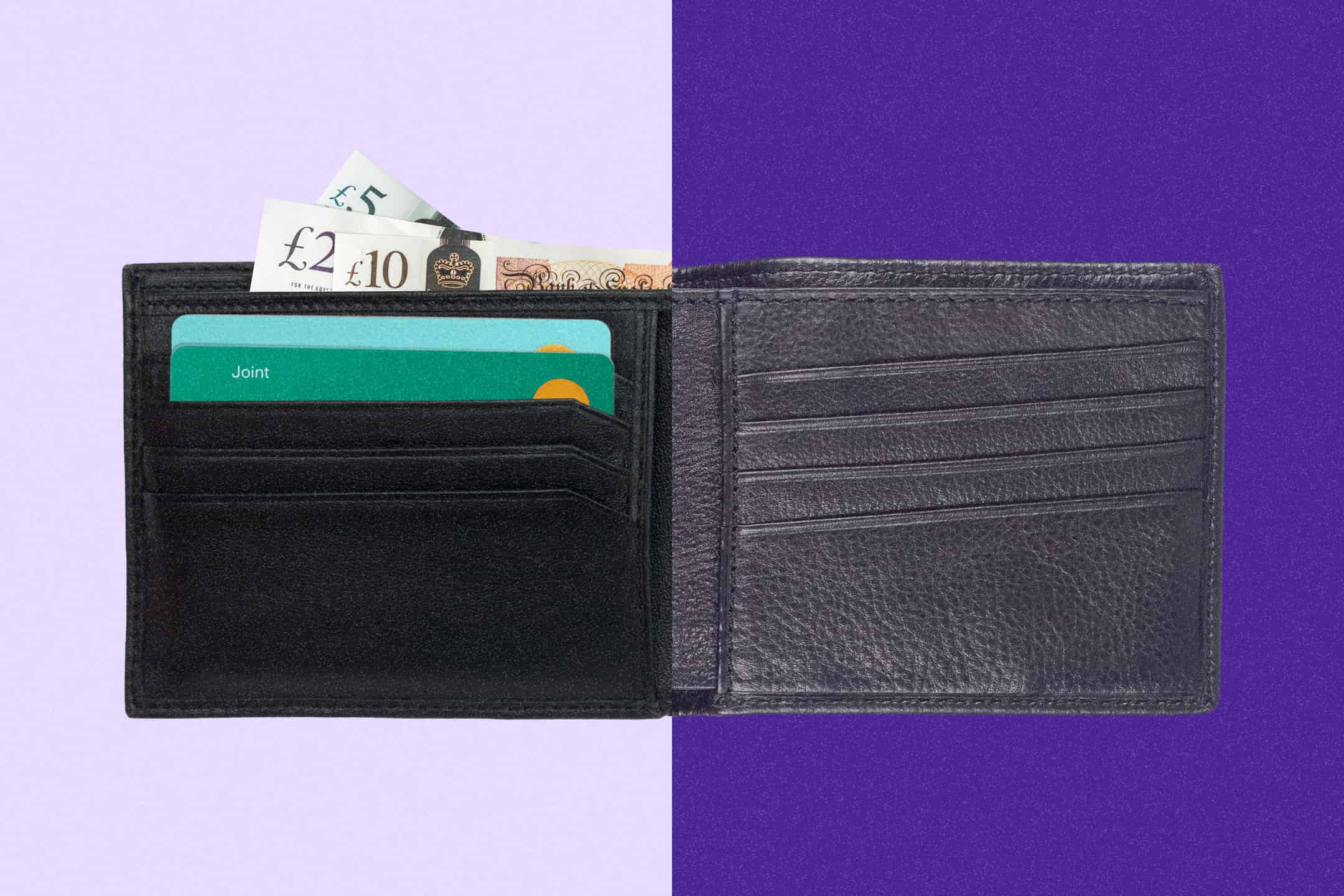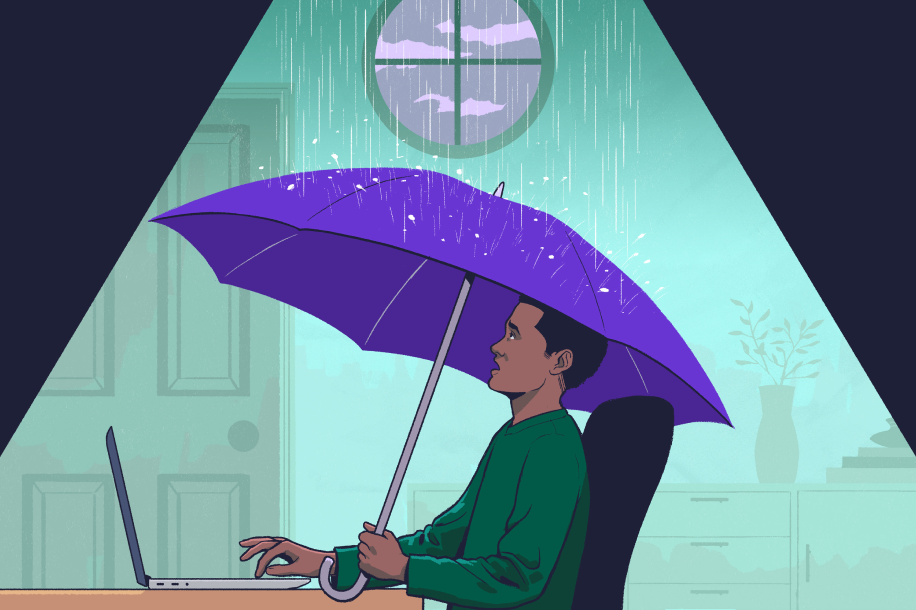
Salaries
‘Money dysmorphia’: what you earn vs how you feel
By Charlotte Lorimer
For What It’s Worth

In May 2022, I bought a loft conversion flat. By September, the roof started leaking. I could hear dripping, then rain started pouring in through giant cracks.
The homebuyer’s survey didn’t spot anything, other than a bit of damp. The previous owner said this was a leaking pipe and sent an invoice to show it had been dealt with. I now think this was a total fabrication.
I share the freehold with five other flats and everyone is responsible for the roof – and our insurance didn’t cover it. It was hard to get them to care.
I had to hound everyone to help me. They eventually agreed to get a roofer, the survey was £500. Then he told us it would cost £50k for a new roof, split between us.
I’m a remote worker – my flat was also my office. Every day more cracks would appear with mushrooms growing. I convinced the other owners to come and look.
By this point, I was getting chest infections. Eventually, everyone agreed to split the cost. I had to move in with my brother for two months while the work was being done.
Then they discovered the state of the timber – it was so weak you could pull it off with your hands. They said I was lucky it didn’t collapse on me. The bill was now £70k.
My share was £14k, so I got a loan, which will take four years to pay off. Then there was replastering and decorating on top. I’ve made it lovely, but it’s a total money pit.
To top things off, I was made redundant after finishing all the housework. So now I’m not in a position to enjoy it. I’ve decided to rent it out and move home for a bit. Although I’m fortunate to be a homeowner, to be honest it’s been a total nightmare.
Illustration credit: Emanuel Santos
What is a freehold?
Properties in the UK are usually either freehold or leasehold. If you own a freehold, you own both the property and the land it sits on. If you own a leasehold, you own the property (subject to the terms of the leasehold), but the land it occupies is still owned by someone else.
This difference ultimately means that freeholders are responsible for maintaining both their property and the land, while leaseholders pay a service charge to cover this. While upkeep of a freehold property will come with various costs, freeholders or people with a share of freehold will be able to choose what to prioritise and find affordable tradesmen or specialists to carry out work, or do some of it themselves. Leaseholders often don’t have this choice, although they also don’t have the burden of being in charge of maintenance and repairs or organising this between residents.
Leaseholder fees also include ground rent (paid to the person who owns the land the property sits on).
At Starling, we have a specialist team that can guide customers with money worries towards free and independent specialist advice. You can reach out to us by picking up the phone or by sending an email.
Support with money worries
Salaries
By Charlotte Lorimer

Weddings
By Veena McCoole

How Much Does It Cost?
By Veena McCoole

How Much Does It Cost?
By Anonymous contributor